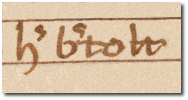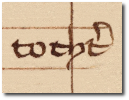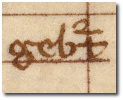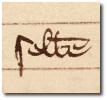Writing in a nutshell
III. Samples of short forms
It is worth remembering these forms of shortening words:
1. Truncation marked by a horizontal line



Â
2. Drawing in marked by a horizontal line
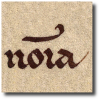


Â
3. Drawing in marked by an overwritten letter
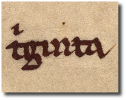

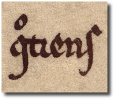
Â
4. Symbols of short forms
scribal abbreviations with the use of the letters e, q and p




per/pre/pro



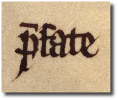

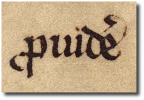
Â
-con/com (a sign resembling the number 9)

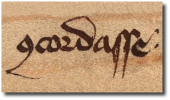
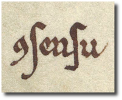
Â
-us ( a sign resembling the number 9, usually overwritten)

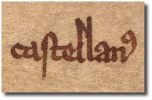

Â
-er/re/ir (a sign in the form of an apostrophe or vertical wavy line)

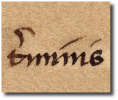
Â
-rum

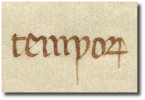
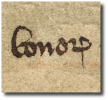
Â
-et/ed/us/ue (a sign resembling a semi-colon or the number 3) - this sign changes its meaning depending on the letter it follows:


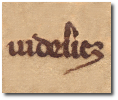
Â
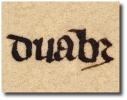
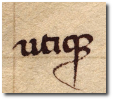
Â
-ur/tur (a sign resembling the sign of infinity or the number 2)
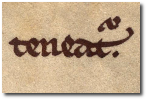
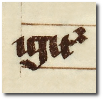
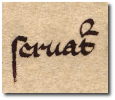
Â
et


Â
Medieval scribes perfected the art of shortening expressions, willingly and imaginatively using short forms, that's why even in one word we can find a few different types of short form:

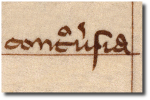
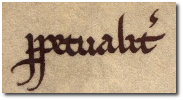
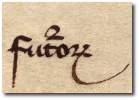


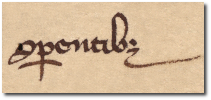
Â
In national languages, as mentioned previously, some short forms that appear in Latin are used. In texts written in Polish, however, short forms appear much less frequently. This is due to the fact that Latin was the dominant language in the period when the art of using short forms was at its peak, however, when Polish became more widely used, short forms did not play such an important role.
Short forms in Polish
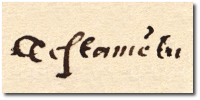
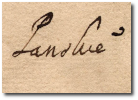
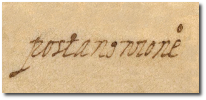
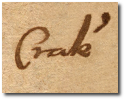
Â
Short forms in German
